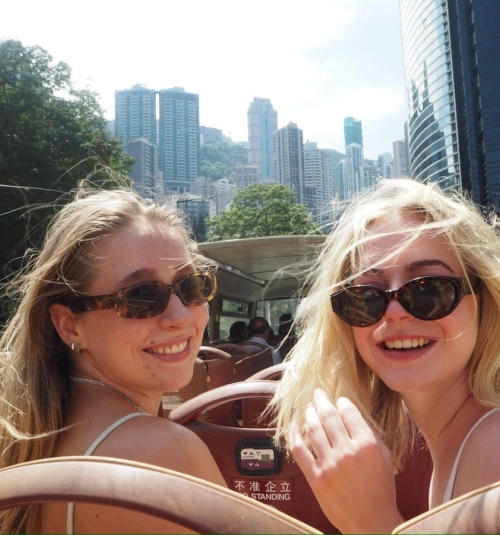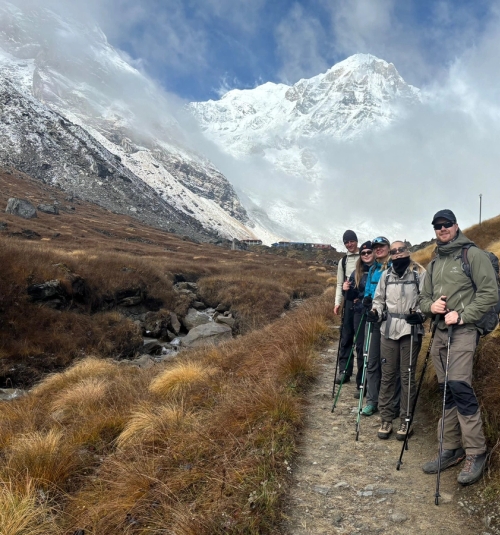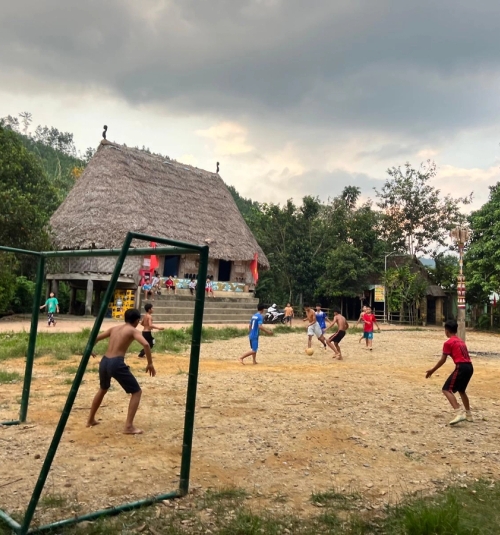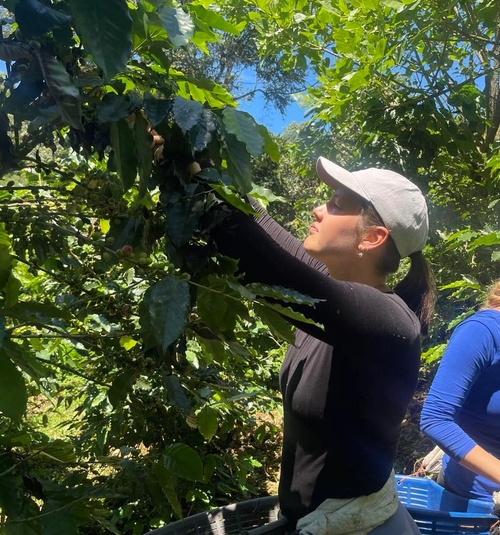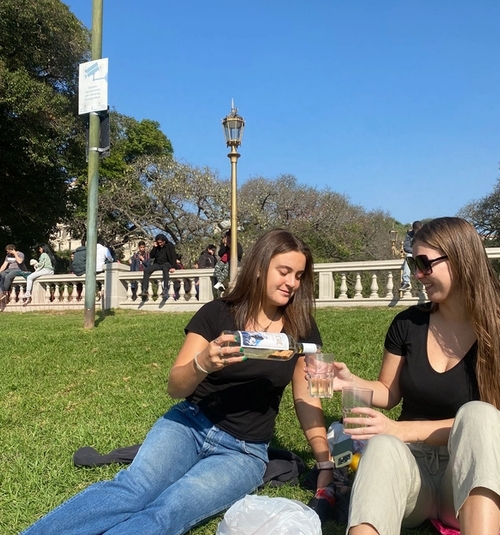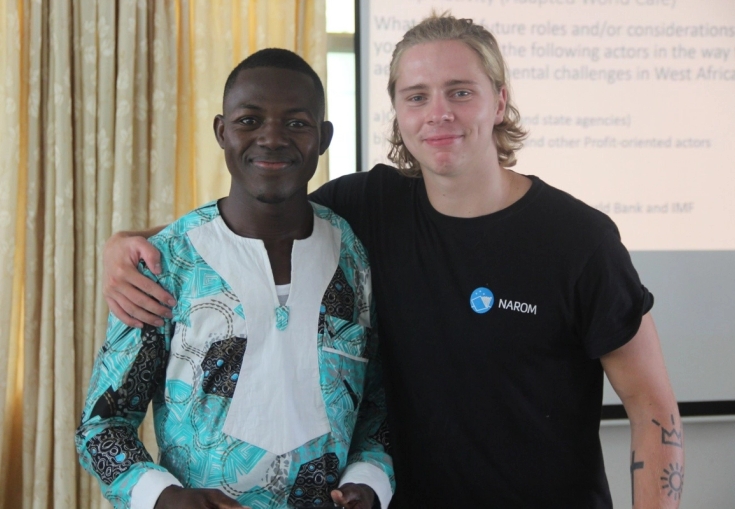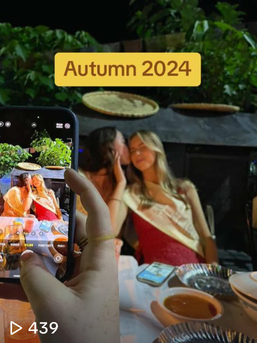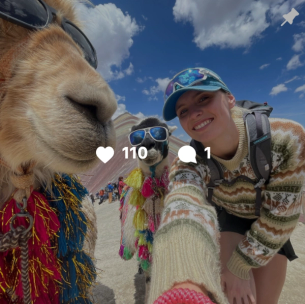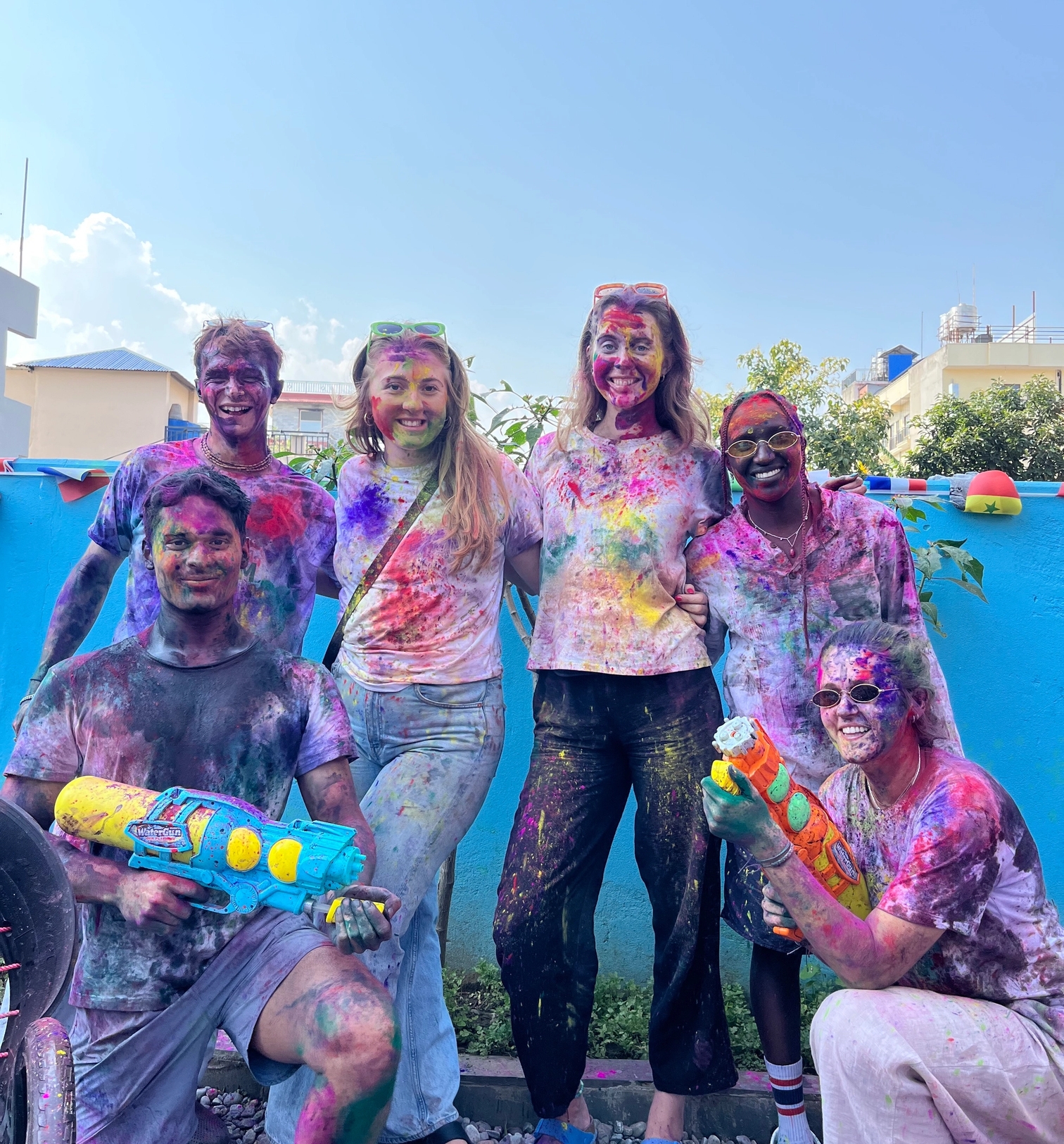
Color festival and holidays in Nepal
If there's one thing Nepal knows how to do, it's to celebrate festivals and holidays. Since the beginning of February when we arrived in Nepal, there have been two religious holidays; Shivaratri and Holi.

This text is translated using AI.
View the original article here.Shivaratri is a holiday celebrated in honor of the Hindu god Shiva and his marriage to the goddess Parvati. The day is practically about overcoming darkness and ignorance, and the Hindu temples in the city are used for Puja; that is, the worship of the gods.
On the actual day, one quickly notices that the atmosphere in the city is somewhat different from what it usually is. What makes the day unique is seeing many locals walking around with long sugarcanes.
One of the rituals of this festival involves placing sugarcanes on a bonfire and then throwing the sugarcanes on the ground. There is also frequent activity around the temples and I would recommend making the trip here during the celebration.
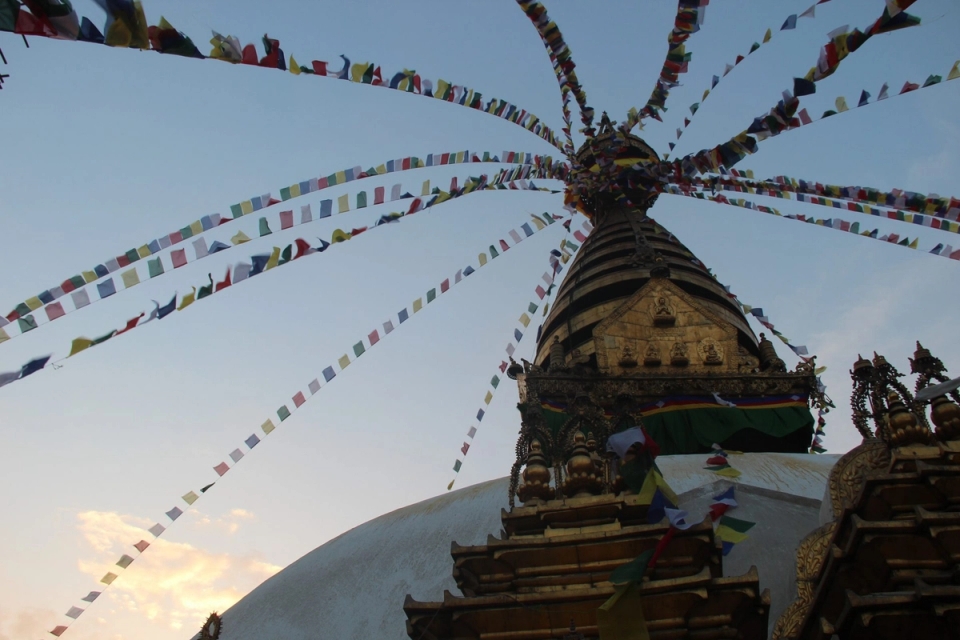
The second holiday, which you might already be familiar with, is Holi. The festival of colors and love. Before I came to Nepal, Holi was one of the celebrations I had on my bucket list.
After hearing about the festival and seeing pictures of people drenched in colored powder and water, I became incredibly fascinated and curious about what it was like to be part of this holiday, and it did not disappoint!
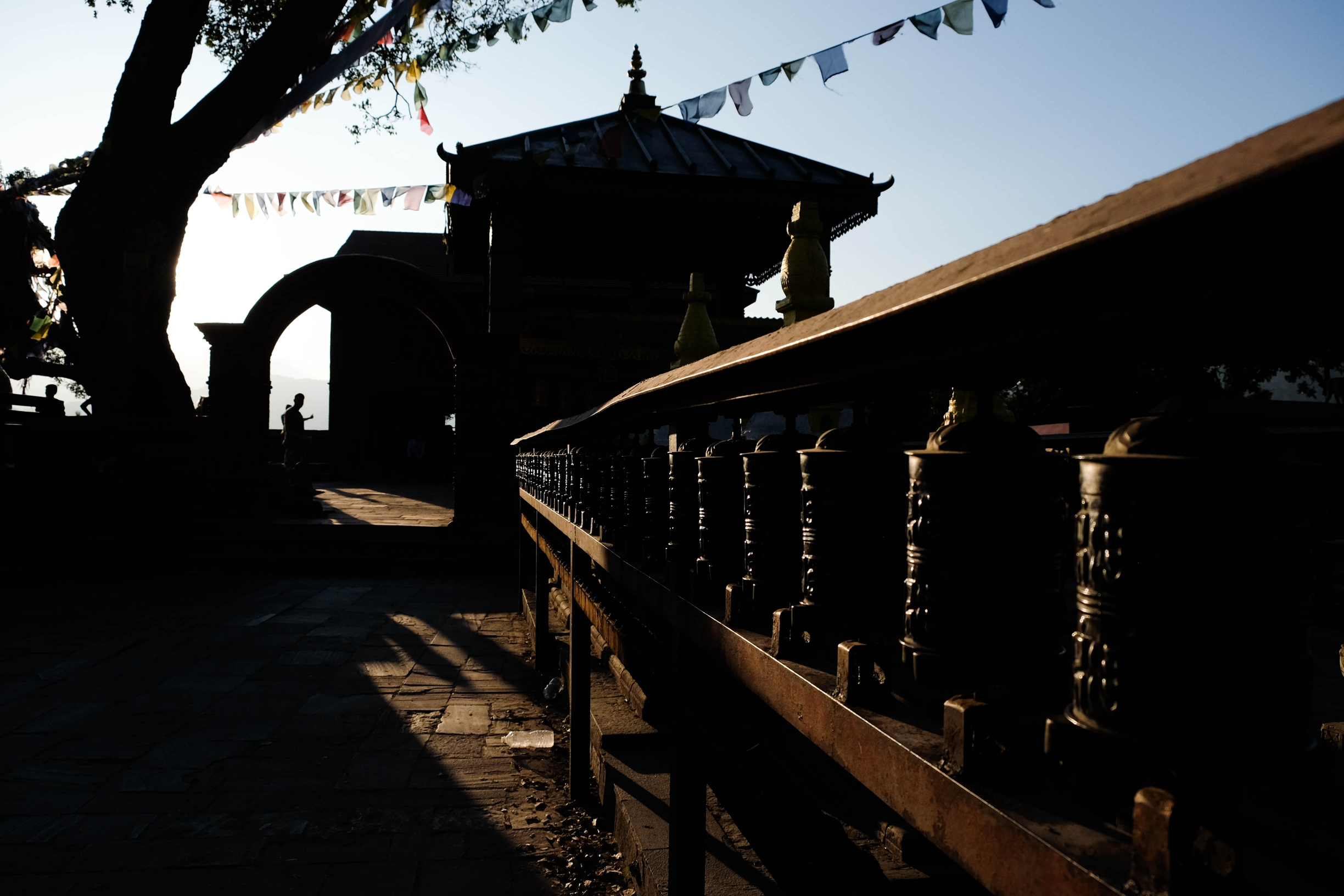
Holi is the celebration of spring, love, and 'new life'. If you are fortunate enough to experience Holi as well, I have a couple of tips to offer before you embark on the adventure.
Wear clothes you're not afraid to get wet and make sure your valuables are in a waterproof bag or pouch. It's not uncommon to be the target of a bucket of water over your head as you walk past a building or to be sprayed with water guns by people in the streets.
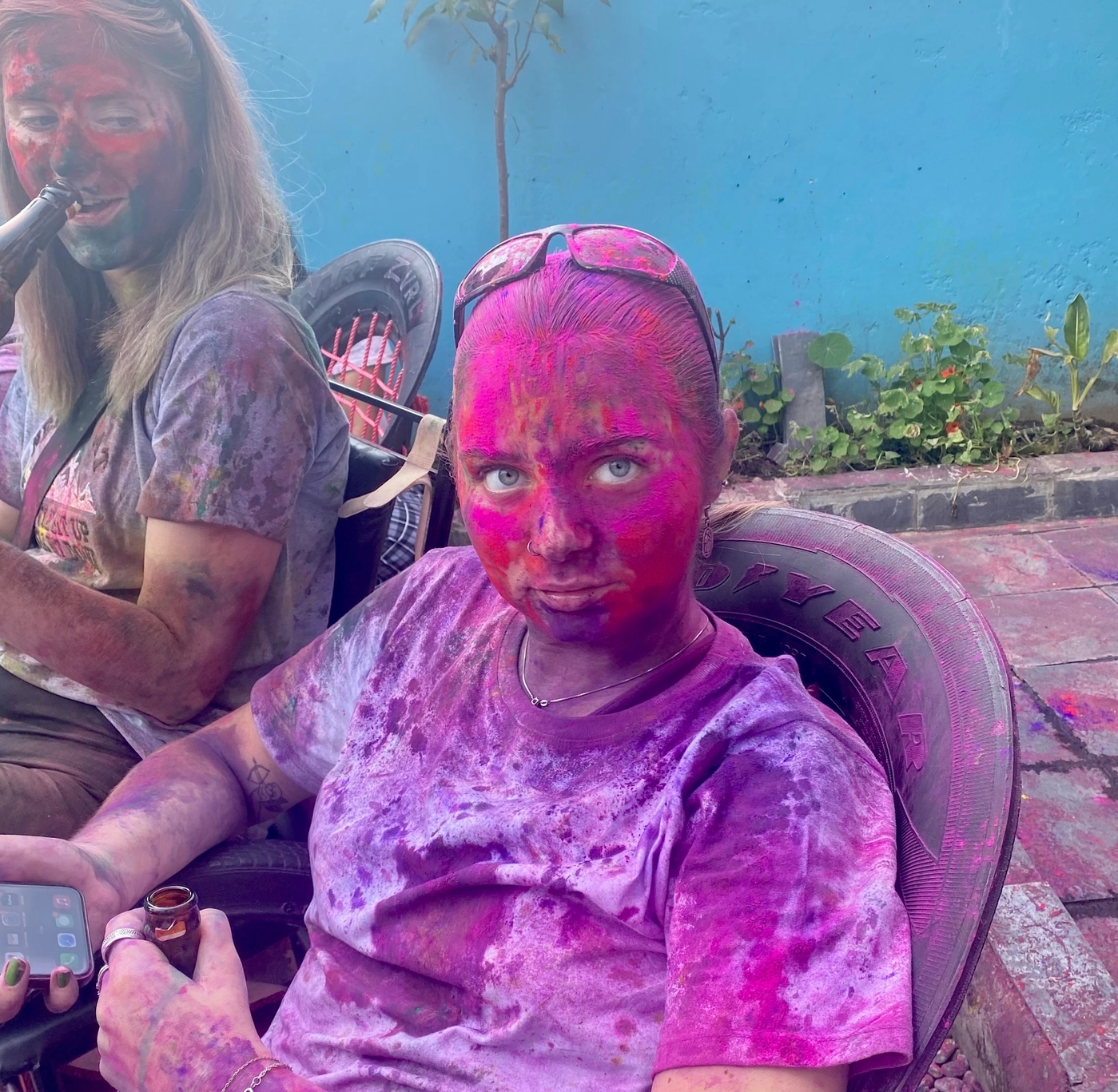
The comfort zone that many Norwegians are accustomed to will be broken during the celebration. Many will throw colored powder at you or smear colored powder on your face, regardless of whether you know the person or not.
This may be perceived as unusual or uncomfortable by some, but if you feel that someone is crossing your boundaries, you just have to speak up. Nevertheless, I would advise you to be mentally prepared for this, as it is a central part of how Holi is celebrated.
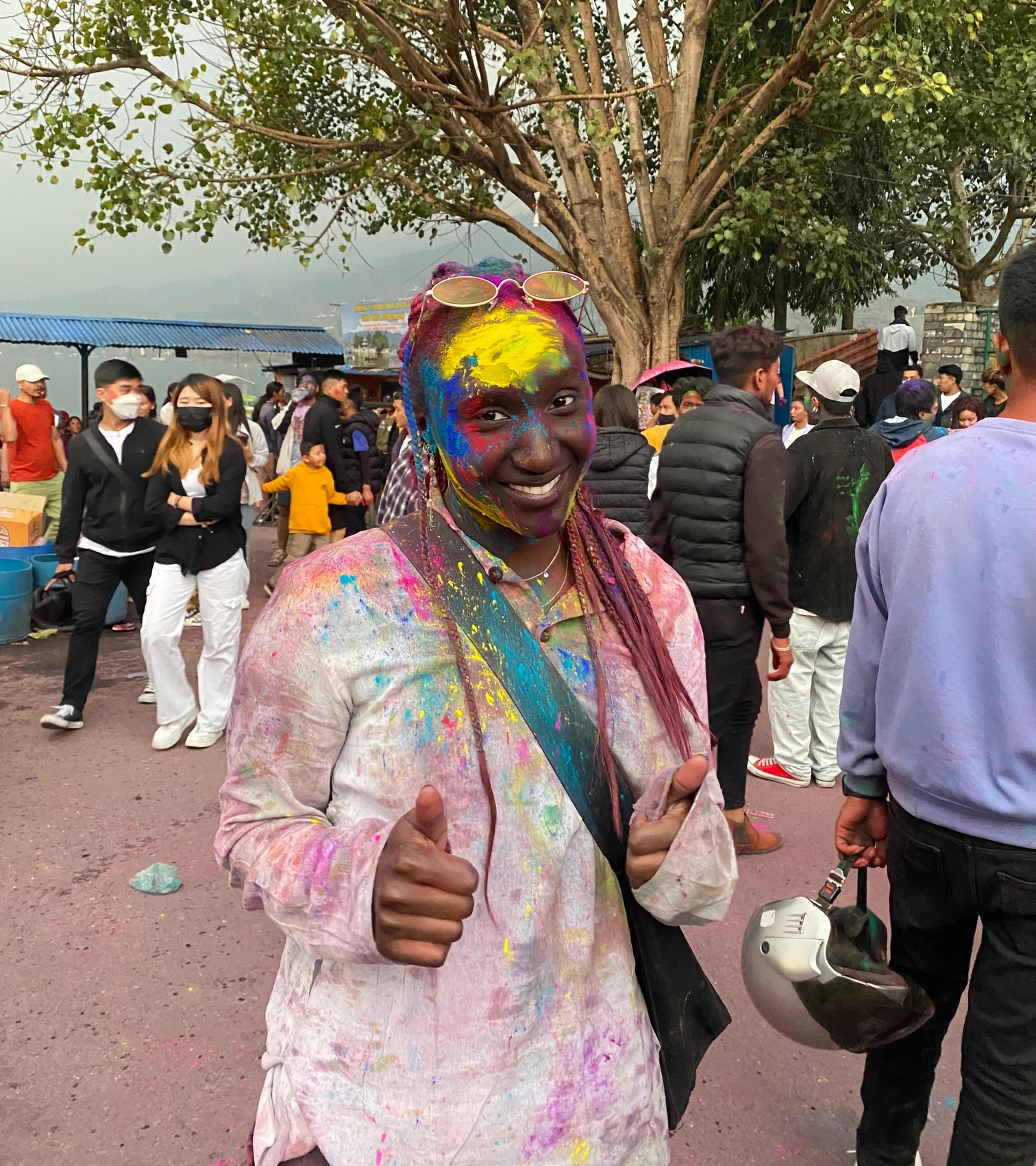
We, the students, had classes until 1 PM. On the way from school, one could already see that the celebration had started, with several children, adults, and dogs already having colored powder on their faces and chasing each other with water guns.
We almost ran back to the hotel to put away our valuables before we changed and were ready to become victims of the color powder.
At 2:00 PM, the staff at Hotel New Darshan, where we are staying, had set up with water guns, colored powder, and a full-on color war. It was an all-against-all in a proper color festival, and absolutely everyone was drenched in colored powder, almost to the point of being unrecognizable by the end!
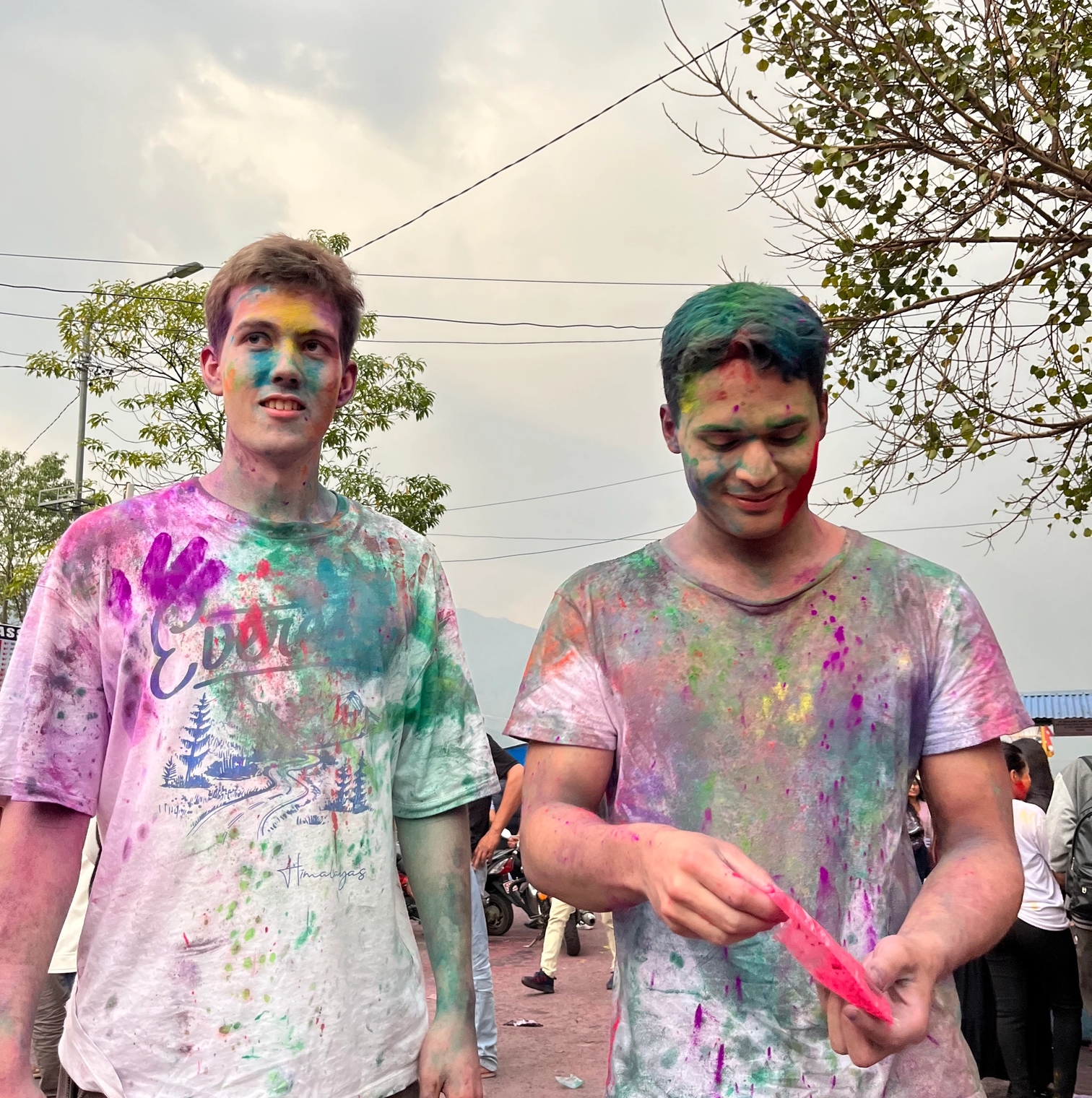
Then, some of us took the path towards Lake Phewa to join in the celebration with the locals. Here, the football field was packed with people listening to South Asian techno and dancing, eating food, and having a good time.
We got to participate in a great “dance off” and were very well received by the locals. Holi has been a highlight for me in Nepal and I would recommend everyone to experience this one day!
There are several other festivals during both the fall semester and the spring semester. So regardless of when one travels, there will be multiple opportunities to participate in the festivals organized here in Pokhara!
